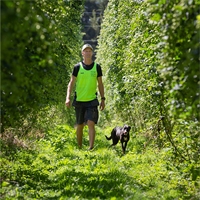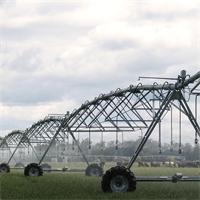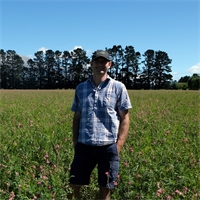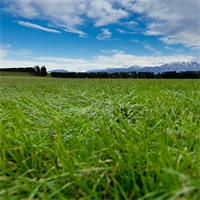04Feb
Carbon calculator helps farmers assess carbon footprint
A new carbon calculator will be an invaluable tool for helping farmers to run their operations in a more sustainable manner.
Developed by Lincoln University’s Agribusiness and Economics Research Unit (AERU) and engineering consultancy Agrilink, the calculator offers farmers a quick method for assessing their carbon footprint and discovering how their activities could be affecting the planet.
Around 98% of New Zealand farmers are not aware of their farms’ greenhouse gas emissions, and with the country discussing the possibility of implementing a zero carbon target, farmers face concerns about how this may affect them.
The calculator allows them to discover their impacts and supports them to make better choices, for their farms and the country, as they increase their efforts to run their operations more sustainably.
Carbon can be a very abstract concept, so the tool compares the impact of farm emissions to the environmental effect of long-haul flights between New Zealand and London, the distance travelled in a car, or the area that could be planted to offset their emissions.
It uses details such as farm size, stock number, fertiliser and fuel use to calculate methane and nitrous oxide emissions.
The results appear as total CO2 equivalents.
Meridian Energy and Westpac NZ have provided financial assistance towards the development of the new product.
The greenhouse gas calculator was originally developed in 2008 to better inform the Food Miles debate.
It has now been updated to give farmers a quick approximation of their carbon footprint and is not intended to replace detailed greenhouse gas modelling tools.
AERU, established in 1962, has a core mission of exercising leadership in research for sustainable well-being. It operates as a semi-autonomous research centre at Lincoln University and provides research expertise to a wide range of regional, national and international organisations in the public and private sectors.
AERU’s research focuses on economic, resource, environmental and social issues. It employs its own research staff and coordinates some of the external research of academic staff from other Lincoln University faculties.
The new carbon calculator is available at www.lincoln.ac.nz/carboncalculator
Related

Fall into autumn with this delicious Baked Brie recipe. The perfect accompaniment to any gathering o...
Read More

It is very easy to think of beer as simply a hazy combination of water, malt and barley, but that wo...
Read More

There’s no doubt that farmers have a lot of challenges ahead of them – particularly in keeping up ...
Read More

Newly appointed Ruralco Director Andrew Barlass has spent the last few years returning to his roots,...
Read More

It’s been a long, hard, slow grind, but buoyed by customer feedback, Sheffield cropping farmers Mar...
Read More

Sulphur deserves more attention that it gets. It is important for plants, cheap and can easily be in...
Read More